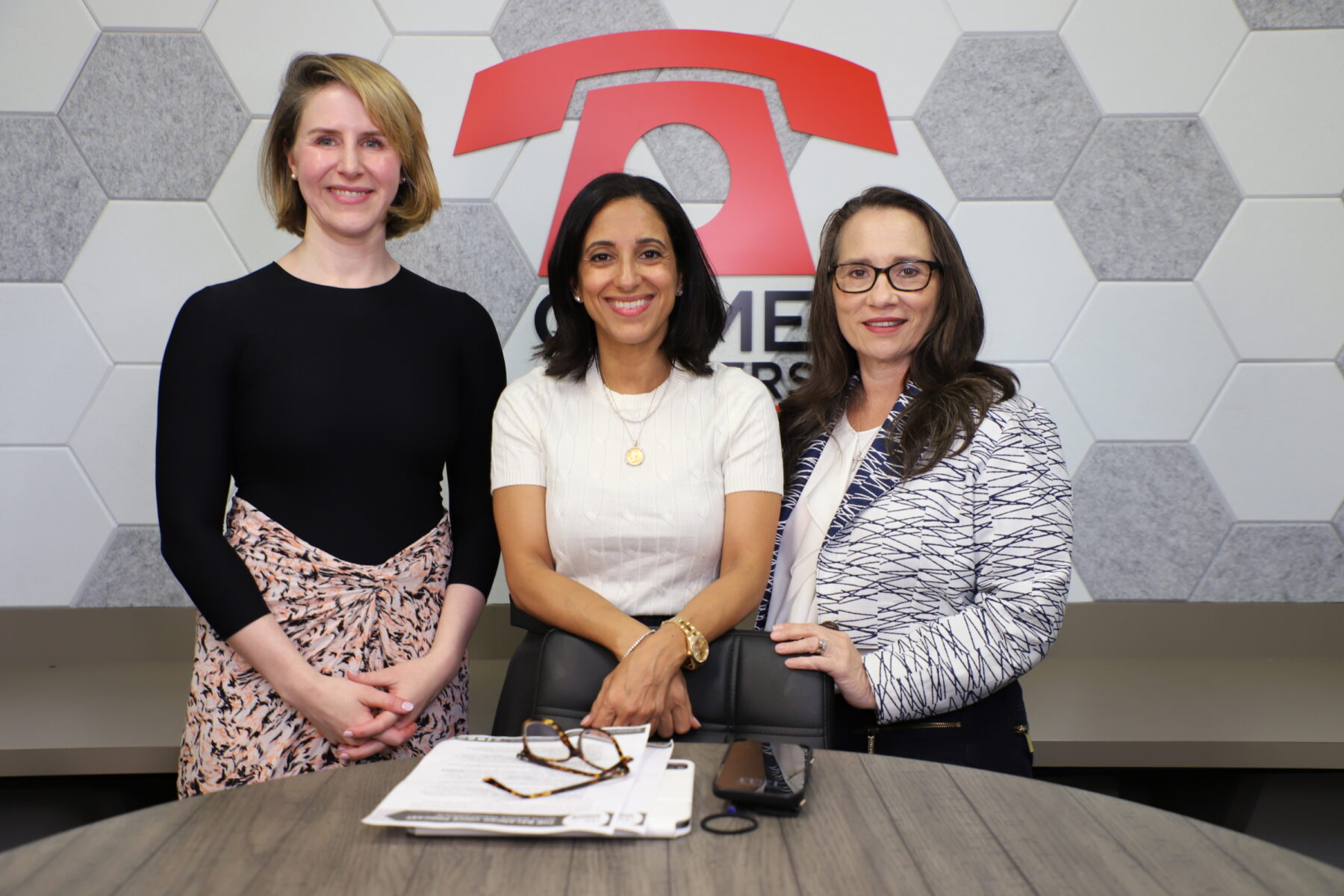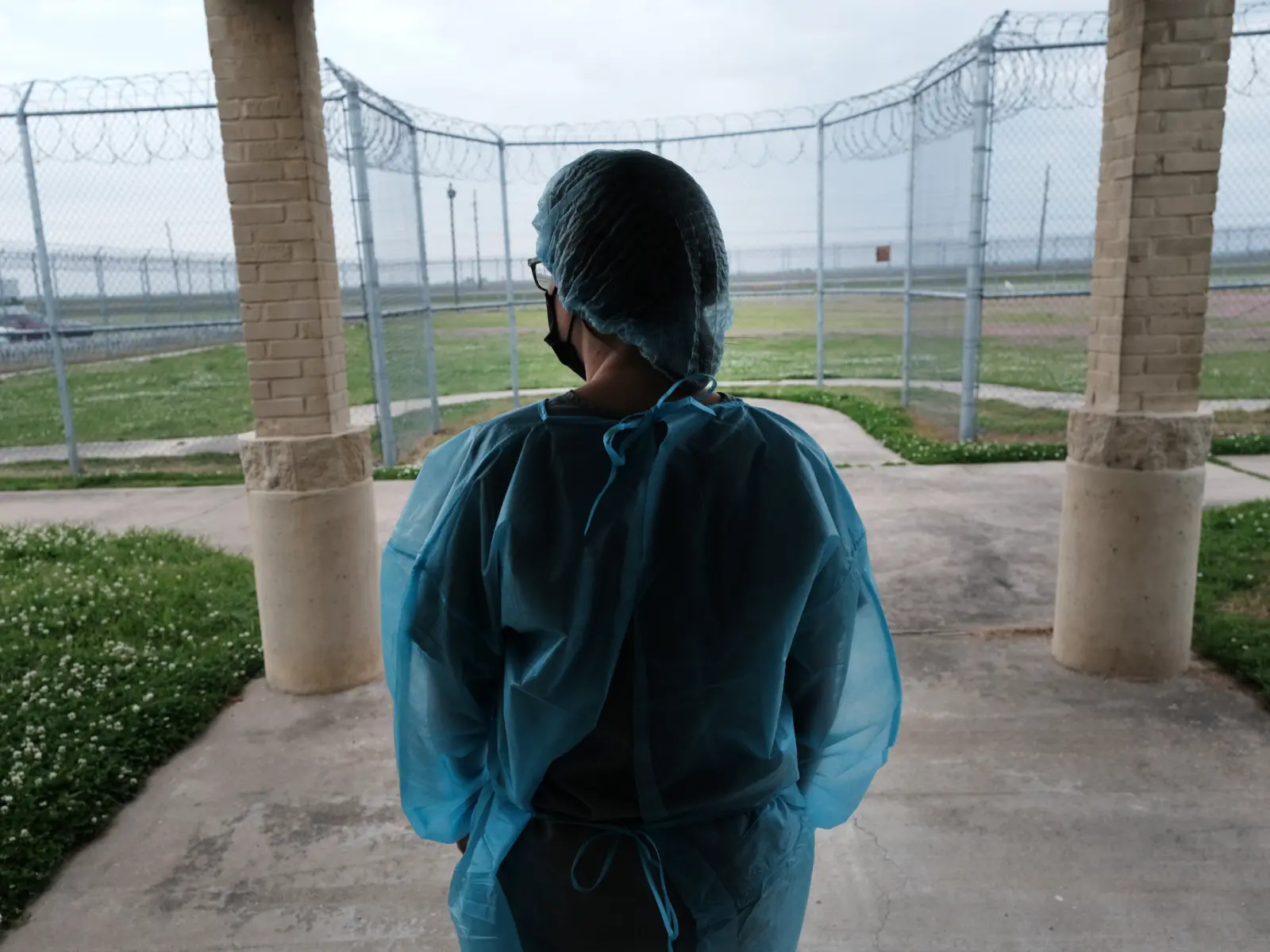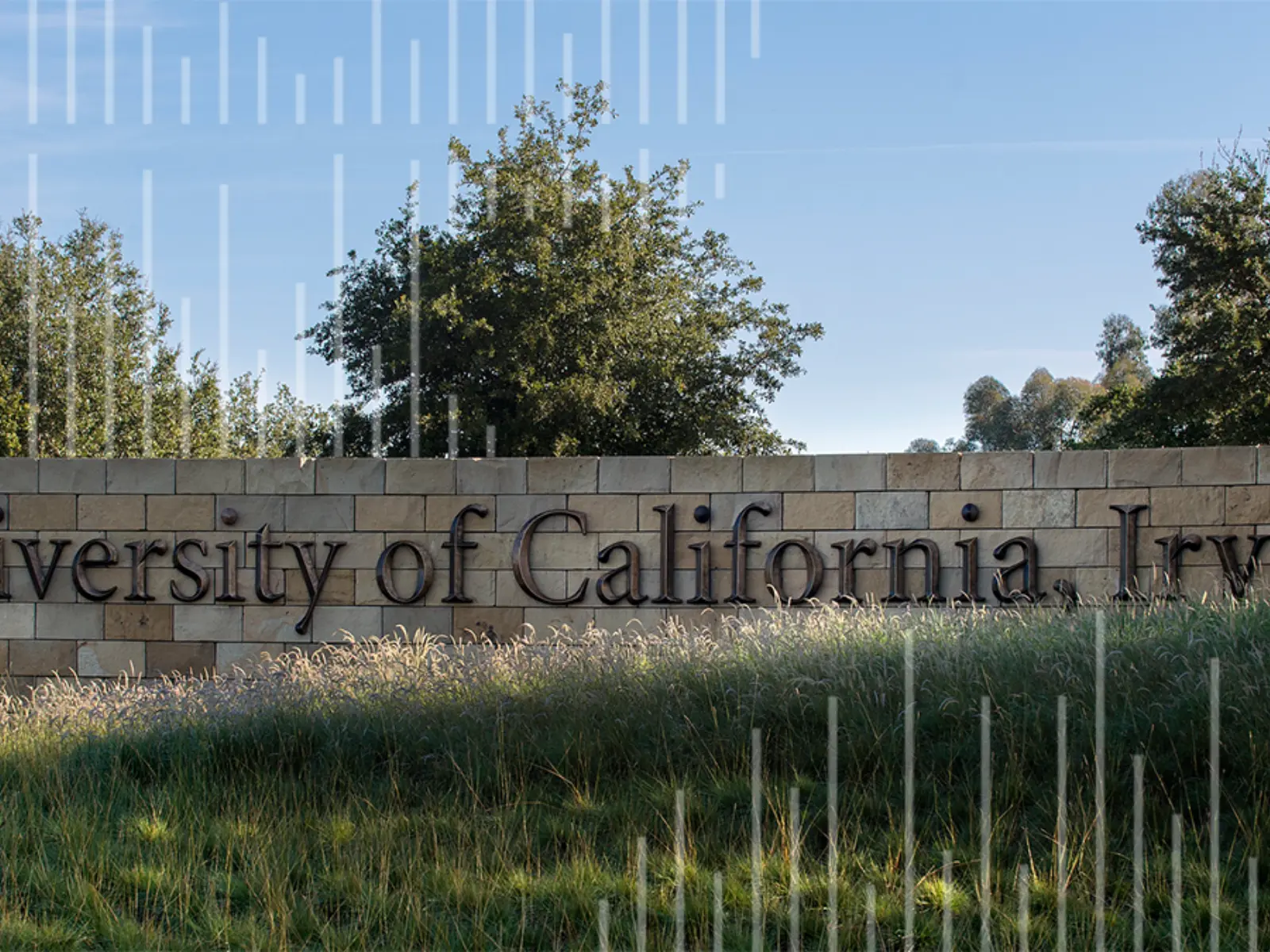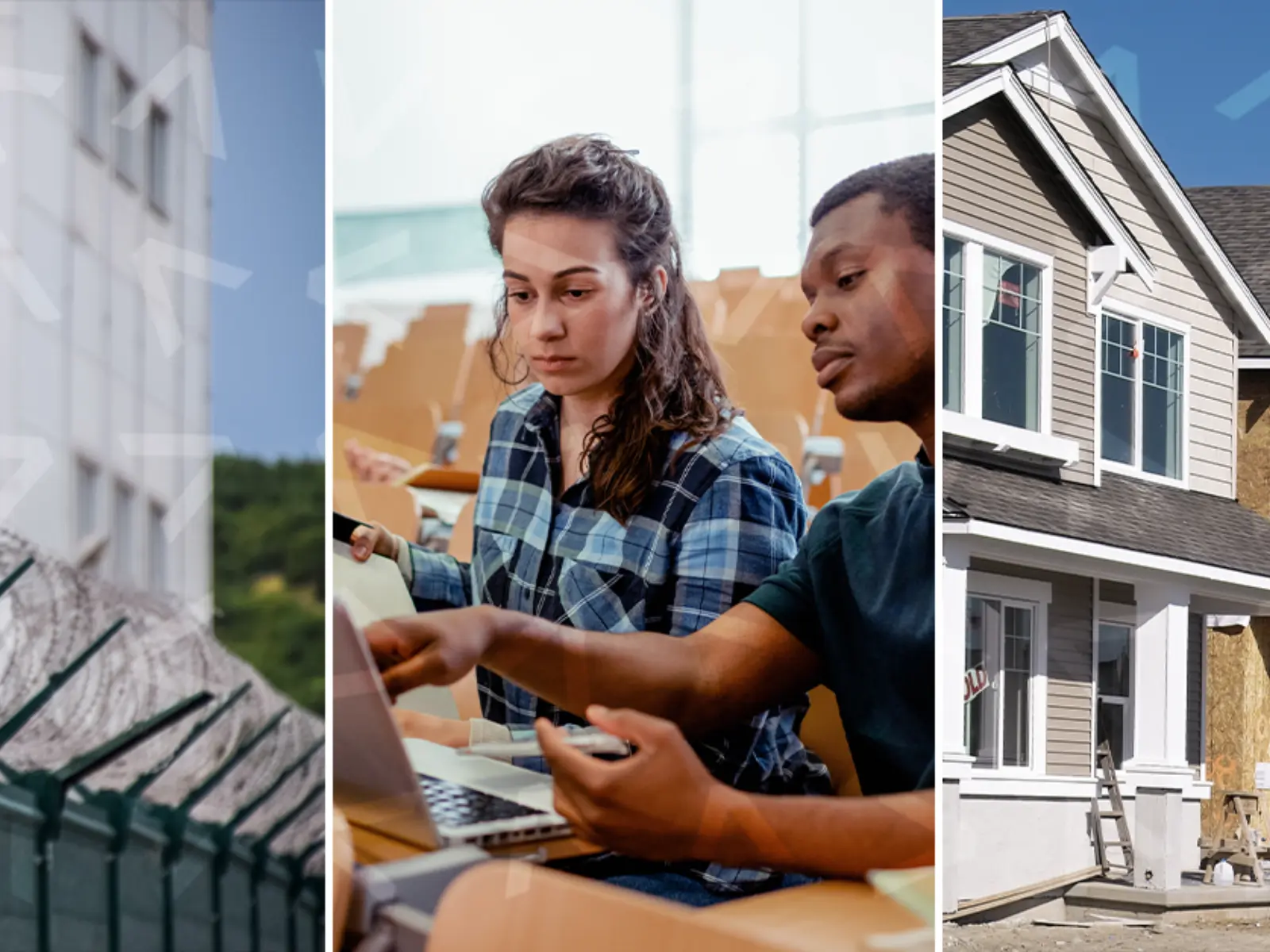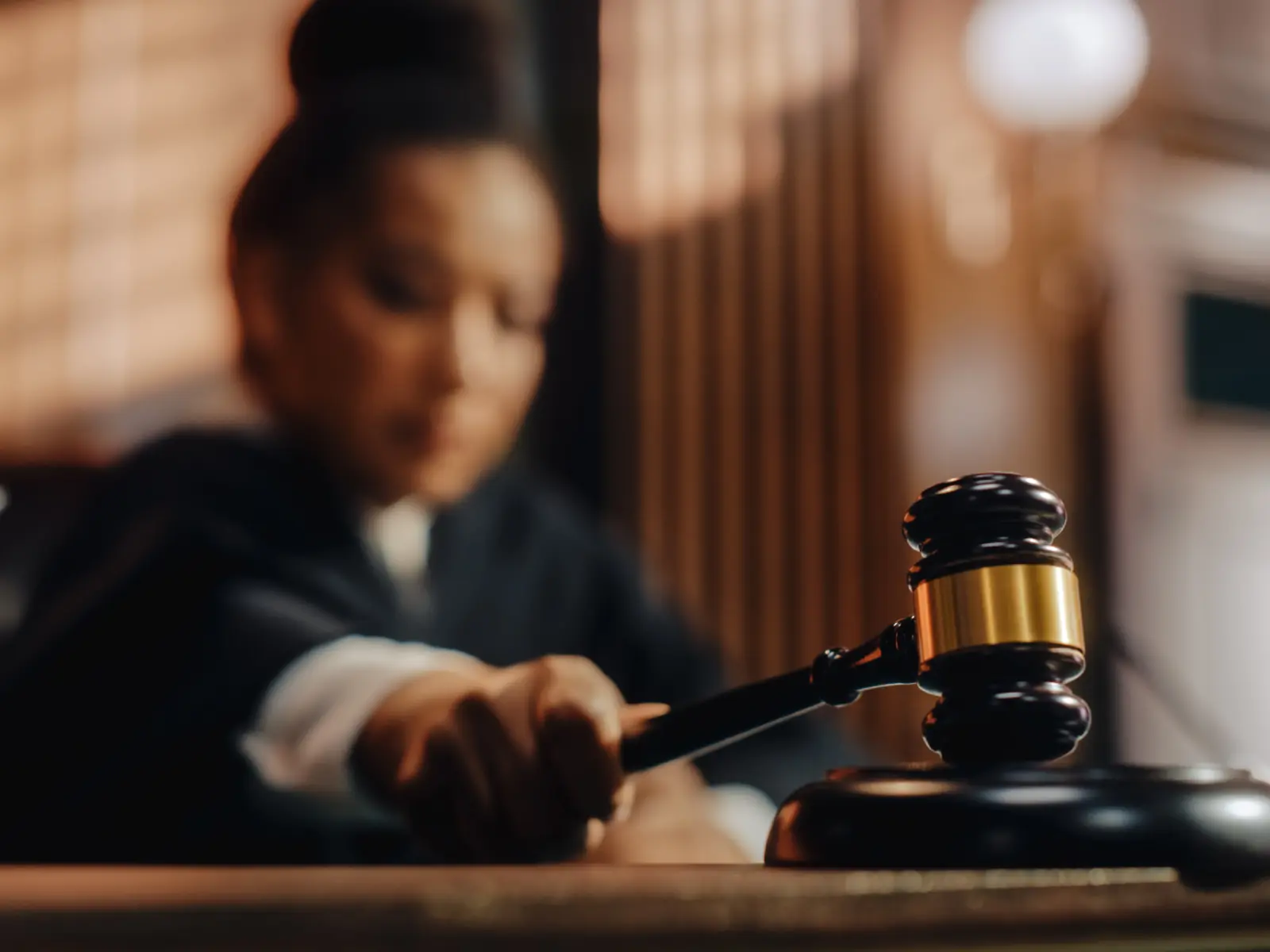For decades, Crime Stoppers of Houston focused on a basic mission of advocating for victims and helping law enforcement solve crimes. That changed in 2020 when the murder of George Floyd by a Minneapolis police officer sparked civil rights protests across the country drove the organization to start looking at a bigger picture of criminal justice.
Those dual causes of community safety and civil rights are often portrayed as being in conflict, but in a conversation on Crime Stoppers’ The Balanced Voice podcast, Arnold Ventures Executive Vice President of Criminal Justice Jennifer Doleac explained how the two are inherently linked.
It isn’t about being tough or crime – or soft on crime. It is about following the research, Doleac told the hosts, Crime Stoppers of Houston CEO Rania Mankarious and Board Member Jennifer Hohman.
AV’s “interest is the same as mine in terms of wanting to figure out what works,” Doleac said.
For example, there’s strong evidence that adding police into communities can reduce crime, Doleac said, but police can also create new social costs and burdens that need to be weighed against the benefits. “My own view is that police have an important role to play in the crime reduction conversation and if you are worried about the negative effects of hiring police officers and increasing police presence then we should be getting really serious about changing what police officers do all day,” Doleac said. “Making sure that we are making policing better, not just hiring more officers.”
The hosts didn’t expect Doleac to take this position, but research and evidence have a way of cutting through partisan and ideological political divides.
“My bias coming in here is that I would have never thought that you would say we need more police,” Hohman commented.
On the topic of pretrial and prosecutorial reforms, Doleac explained that counter to the narrative that lenient policies are making communities less safe, the research actually shows that stricter and harsher policies can be ineffective and potentially counterproductive in ensuring safer communities. Specifically, reducing the number of people detained pretrial and airing towards leniency for first-time, non-violent defendants has actually been shown to have positive outcomes for individuals and community safety.
Giving someone that second chance to avoid that first conviction on their record seems to allow them to change course on their own.Jennifer Doleac executive vice president of criminal justice for Arnold Ventures,
“Giving someone that second chance to avoid that first conviction on their record seems to allow them to change course on their own,” she said “That doesn’t mean that there are no consequences. They were arrested. They had to show up to court. They may have missed work that day. They might have lost their job. But they didn’t wind up with a criminal record.”
Doleac also drew from her background as an academic economist to take on the question of incentives. In addition to what does disincentivize a person from committing a crime – being caught – and what does not – long sentences – Doleac discussed the role incentives play in improving both individual and community outcomes when a person is released from incarceration.
“As I look at the criminal justice system and how to fix various parts of it, I often think about who is actually making the decisions that we wish were different and how can we directly affect whatever their concerns are so that they are incentivized to move in a different direction,” Doleac said.
For their part, Mankarious and Hohman were appreciative of AV’s work and engagement around criminal justice issues. “I have had the benefit of sitting with Laura and John Arnold and thinking ‘my gosh, if everyone could hear what you are saying’,” Mankarious said.
Watch the full podcast interview here.

